
When I first went vegan, I felt empowered, making choices that were good for my health, ethics, and the planet. I was excited about vibrant fruits, vegetables, and plant-based proteins. But soon, I noticed something unexpected. My skin, once clear, started feeling dry and looking dull. There were breakouts, uneven texture, and a lack of the glow I was used to. I was confused, thinking I was eating the right foods. Was there something I was doing wrong?
That’s when I heard the term "vegan face." As I dug deeper, I realized it wasn’t just me—many people experience this phenomenon after switching to a vegan diet. It turns out that certain key nutrients for skin health, like B vitamins, omega-3 fatty acids, and zinc, are less abundant in plant-based foods, which can show up on your skin.
In this article, I’ll share my experience and explore what vegan face is, its causes, and how to get your skin glowing again. Whether you're already vegan or considering the switch, you don’t have to compromise on skin health. Let’s dive into how to maintain that radiant glow while living a plant-based life.
What Is Vegan Face?
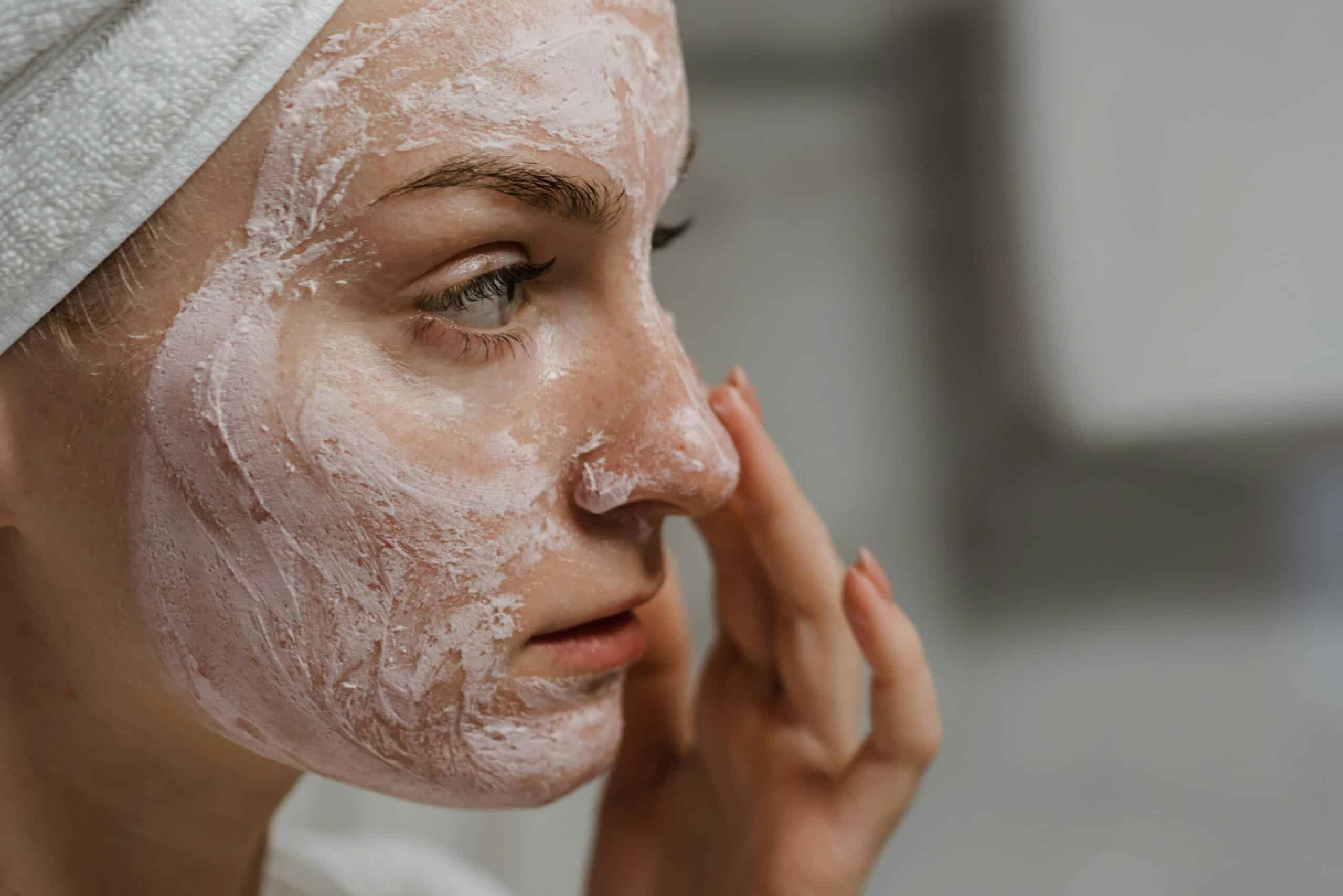
Vegan face is a term that I stumbled upon early into my vegan experience, and it caught my attention right away. It’s used to describe certain skin changes that some people notice after adopting a vegan diet. Although it’s not a medical diagnosis, it has become a concept many are familiar with, especially when transitioning to a plant-based lifestyle.
For me, it wasn’t until I saw my skin start to look duller, dryer, and even a bit sallow that I realized something was off. I wasn’t seeing the youthful glow I had before (despite my best efforts), and there were even more breakouts than I was used to. I noticed fine lines and slight sagging, and I wondered if it could be linked to my new diet.
The main culprit? Nutritional deficiencies. It all comes down to the absence or imbalance of some essential nutrients typically found in animal-based foods. Nutrients like collagen, vitamin B12, and omega-3 fatty acids are crucial for keeping our skin hydrated, elastic, and youthful. When you cut out animal products, you’re cutting out a main source of these important nutrients. Without them, the skin can start to show signs of dehydration, a lack of firmness, and, in some cases, accelerated aging.
Jump ahead to learn how a greens powder can help supplement missing nutrients
It’s important to note that not everyone who goes vegan will experience these changes. But if you do, understanding how your diet affects your skin is a big step toward addressing and preventing it. That’s what I had to learn—the connection between what I ate and how it showed up on my face.
Causes of Vegan Face
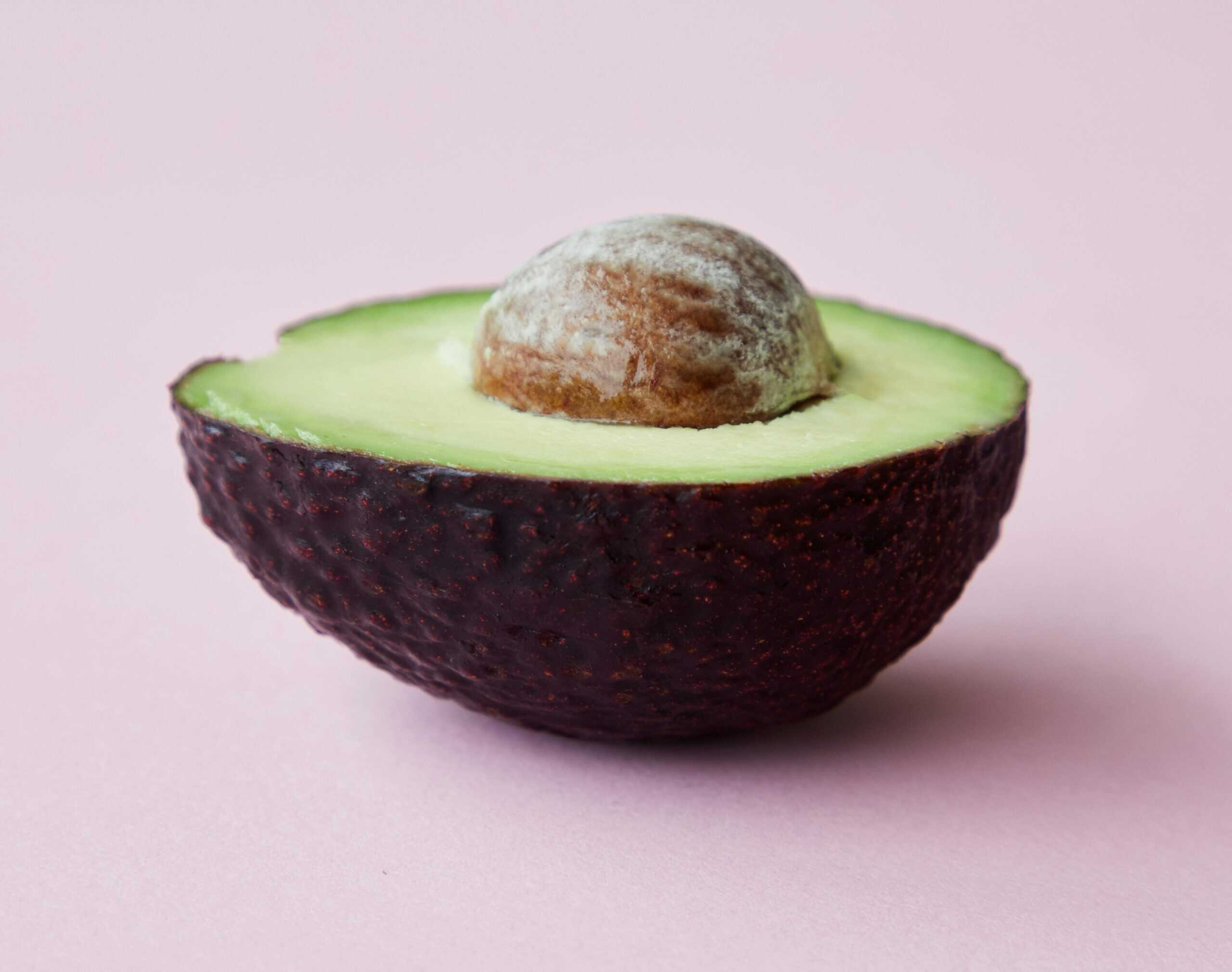
Nutritional Deficiencies
One of the primary causes of what’s commonly referred to as vegan face is nutritional deficiencies. As we all know, our skin is often a reflection of our overall health, and without the right nutrients, it can begin to lose its vitality and radiance.
For those of us embracing a vegan diet, it’s essential to be mindful of what we’re consuming to ensure we’re not missing out on key nutrients that directly affect our skin.
Vitamin B12
Vitamin B12 is one of the most important nutrients when it comes to skin health. It supports cell production and repair, and it’s also crucial for the formation of red blood cells that carry oxygen and nutrients to your skin. Without enough B12, your skin can become pale and sallow.
Since B12 is primarily found in animal products, vegans should consider supplementing or opting for fortified foods.
Pro Tip: I suggest turning to products like Live it Up, which offer a great source of B12 to help support overall wellness.
Iron
Iron is another essential player when it comes to maintaining healthy skin. It helps deliver oxygen to skin cells, which is crucial for a radiant complexion. Without enough iron, you may end up dealing with iron-deficiency anemia, which often shows up as tired, dull, and pale skin.
As a vegan, I’ve learned to incorporate plant-based iron sources like lentils, spinach, quinoa, and fortified cereals into my meals.
I suggest pairing iron-rich foods with vitamin C enhances absorption, ensuring you’re getting the most out of your plant-based iron.
Omega-3 Fatty Acids
Omega-3 fatty acids are vital for reducing inflammation and supporting skin hydration. Without adequate omega-3s in your diet, your skin may become dry, irritated, and prone to inflammation.
While omega-3s are abundant in fish, vegans can turn to algae-based oils to supplement these essential fats. I’ve also found plant-based omega-3s in chia seeds, walnuts, and flaxseeds, all of which help keep my skin looking moisturized and smooth.
Zinc
Zinc plays a pivotal role in skin healing, collagen production, and cell renewal. Without enough zinc, your skin may suffer from poor texture, slow-healing wounds, and even premature aging.
I’ve made sure to include zinc-rich foods like chickpeas, pumpkin seeds, and legumes in my meals, helping to support my skin’s health and vibrancy.
Impact of Protein Deficiency
Protein is a critical macronutrient for the body, including the skin. It supports muscle repair, collagen production, and overall skin health.
Collagen, the protein responsible for giving skin its structure and elasticity, is particularly affected by protein intake. When protein levels are low, collagen production declines, leading to sagging, wrinkles, and a less firm appearance.
For vegans, meeting daily protein requirements can be challenging, but it is essential to include a variety of plant-based proteins in the diet.
Good sources include tofu, tempeh, quinoa, seitan, and legumes. Adequate protein helps the body produce collagen and maintain the skin's firmness and smooth texture.
Other Contributing Factors
While nutrient deficiencies are a major factor, other dietary and lifestyle elements can contribute to skin issues like acne, irritation, and premature aging.
Processed Vegan Foods
One thing I didn’t expect to encounter when switching to a vegan diet was how many processed vegan foods are marketed as healthy. But just because they’re plant-based doesn’t necessarily mean they’re good for you (or your skin). Many of these processed options contain high amounts of refined sugars, oils, and additives that can trigger inflammation in the body, ultimately showing up on your skin.
Foods like white bread, pastries, and sugary snacks, though convenient, can cause insulin levels to spike, increasing inflammation and making acne worse. Limiting these high-glycemic foods can help keep your skin clearer and reduce overall inflammation.
For me, cutting back on these processed vegan foods has been a big win for my skin.
Stress and Lifestyle
Stress can be a silent culprit when it comes to skin health. When your body is under stress, it releases cortisol, a hormone that can trigger an increase in oil production and inflammation. The result? Breakouts and skin irritation.
On top of that, neglecting things like sleep, hydration, and skincare routines can make things worse. These elements play a huge role in how our skin reacts, so it’s important to incorporate stress management techniques like meditation, regular exercise, and practicing good sleep hygiene into your routine. These simple lifestyle tweaks can work wonders for your skin.
Preventing and Addressing Vegan Face
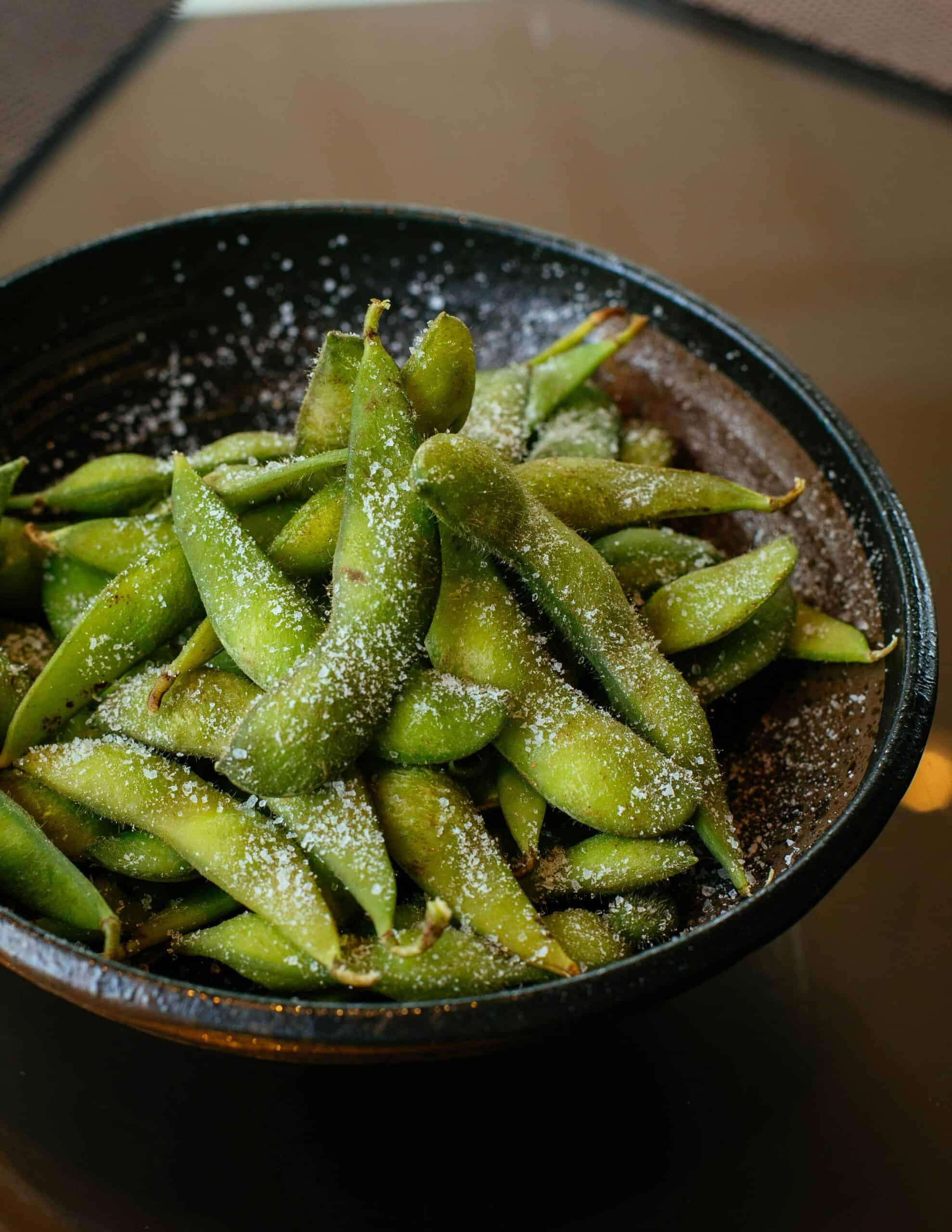
While there are certainly potential challenges to skin health when following a vegan diet, there are also plenty of ways to support your skin and reverse the effects of "vegan face." By making intentional food choices, committing to a skincare routine, and considering supplements, you can keep your skin healthy and glowing while embracing a plant-based lifestyle.
Ensuring Adequate Protein Intake
Protein is the building block of healthy skin. That’s why it’s important to include a variety of plant-based protein sources in your diet to prevent protein deficiency. If you're new to veganism, you may need to adjust, but believe me, once you start incorporating protein-rich foods into every meal, you’ll notice a difference.
Here are some great vegan protein sources:
- Legumes: Lentils, chickpeas, black beans, and kidney beans are protein powerhouses.
- Tofu and Tempeh: These soy-based foods are full of protein and other nutrients.
- Seitan: Made from wheat gluten, seitan is another high-protein option.
- Quinoa: A complete plant-based protein that contains all nine essential amino acids.
- Nuts and Seeds: Almonds, chia seeds, pumpkin seeds, and hemp seeds are all fantastic protein boosts.
You can incorporate these into your meals by adding legumes to salads, quinoa to bowls, and tofu or tempeh to stir-fries. This variety helps ensure you’re getting the protein you need while supporting your skin’s health.
Supplementing Essential Nutrients
If you’re worried about missing out on certain nutrients, supplements can fill in the gaps. A balanced diet should be your foundation, but supplements can support your skin and overall well-being.
Here are a few key supplements I’ve found helpful:
- Vitamin B12: A must for anyone on a vegan diet. It’s not naturally present in plant foods, so a high-quality B12 supplement is essential for maintaining healthy skin.
- Iron: If you're not getting enough from plant sources like beans and leafy greens, an iron supplement can help prevent deficiencies that lead to dry or dull skin.
- Omega-3s: These are crucial for hydration and reducing inflammation. I’ve found algae-based omega-3 supplements to be a great vegan-friendly option.
- Greens Powders: Products like Live it Up Super Greens, AG1, and Bloom are a convenient way to get a blend of vitamins, minerals, and antioxidants that support skin vitality.
Adopting a Balanced Vegan Diet
A well-rounded vegan diet is the foundation of healthy skin. I make sure to include a wide variety of fruits, vegetables, whole grains, healthy fats, and plant-based proteins every day. Focus on whole, unprocessed foods and minimize the consumption of refined sugars and processed vegan options.
Incorporating more low-glycemic foods, like sweet potatoes, whole grains, and leafy vegetables like spinach and broccoli, can help keep your skin clear and healthy. These foods won’t cause spikes in blood sugar and can reduce inflammation, making a big difference in the appearance of your skin.
Skincare Practices
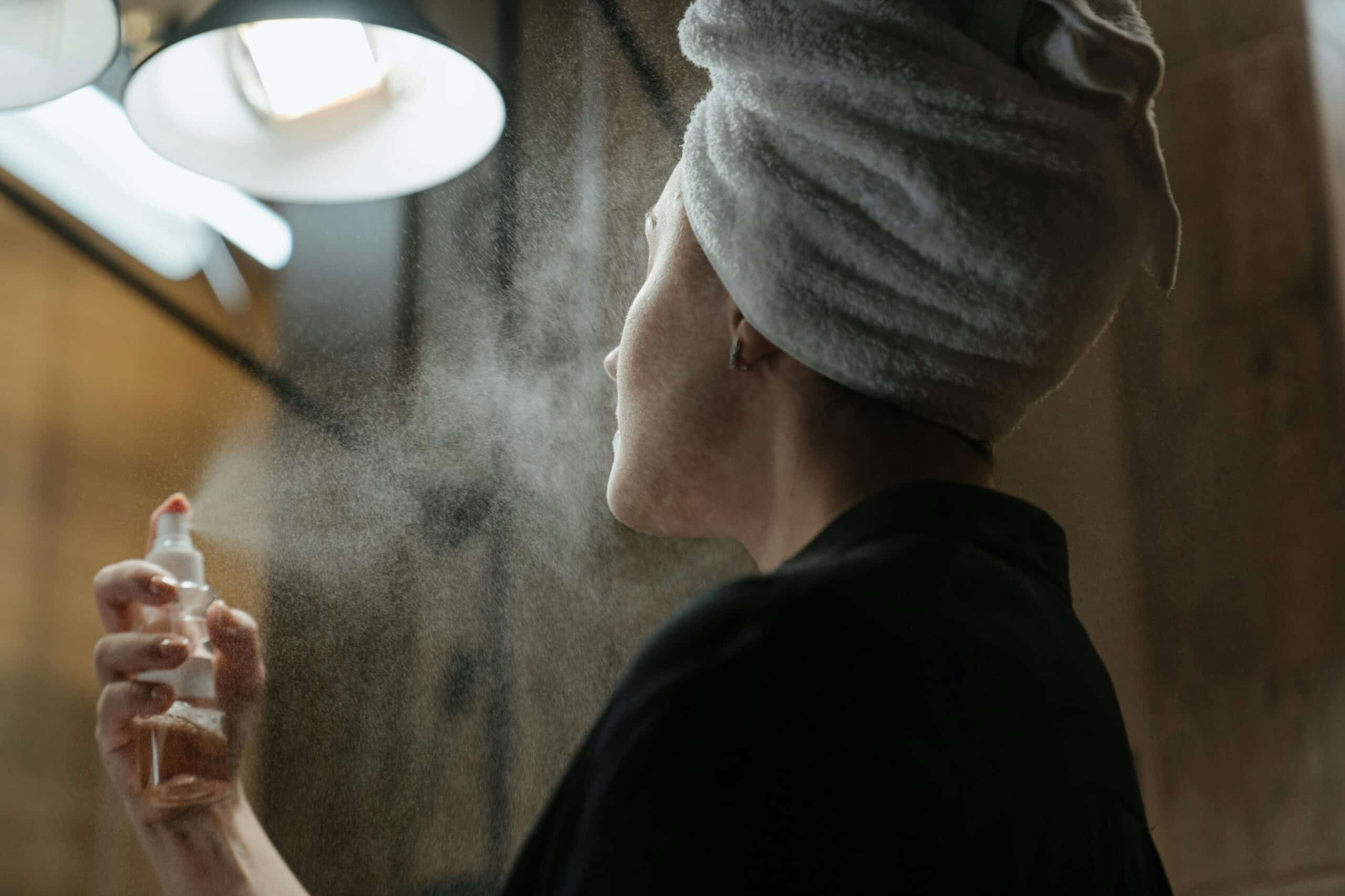
While your diet is crucial, establishing a solid skincare routine is just as important. Here are a few tips I’ve found effective for maintaining healthy, glowing skin:
- Hydration: Drink plenty of water throughout the day. Dehydrated skin can become flaky and dry, so make sure to hydrate both inside and out.
- Exfoliation: Regularly exfoliate to remove dead skin cells and encourage skin renewal. Look for a gentle, plant-based exfoliator that’s kind to your skin.
- Sun Protection: Protect your skin from UV damage by using sunscreen every day, even when it’s cloudy. Sun exposure can speed up skin aging and increase the risk of skin cancer.
Consult a Professional
If you're still struggling with skin issues despite your best efforts, it might be worth consulting a dermatologist or nutritionist. They can help you identify underlying problems and offer tailored advice to improve your skin’s health.
Say Goodbye to Vegan Face
Adopting a vegan diet can be a fantastic choice for your health, but it's important to be mindful of potential skin changes, such as vegan face. By ensuring you're getting enough protein, supplementing essential nutrients, sticking to a balanced diet, and following a consistent skincare routine, you can keep your skin youthful and glowing.
And remember, it’s not just about what you eat. Your lifestyle, skincare habits, and self-care routines all play a critical role in preventing and reversing the effects of vegan face. For a simple and effective way to support your skin, Live it Up Super Greens provides essential vitamins and minerals to help fill any nutritional gaps.
The V Nutrition Editorial Team, consisting of experts in vegan nutrition and health, focuses on providing accurate and helpful information. With backgrounds in nutrition science and a shared commitment to plant-based living, we ensure that every piece of content not only educates but also empowers our readers to make informed lifestyle choices.
The V Nutrition Editorial Team, consisting of experts in vegan nutrition and health, focuses on providing accurate and helpful information. With backgrounds in nutrition science and a shared commitment to plant-based living, we ensure that every piece of content not only educates but also empowers our readers to make informed lifestyle choices.


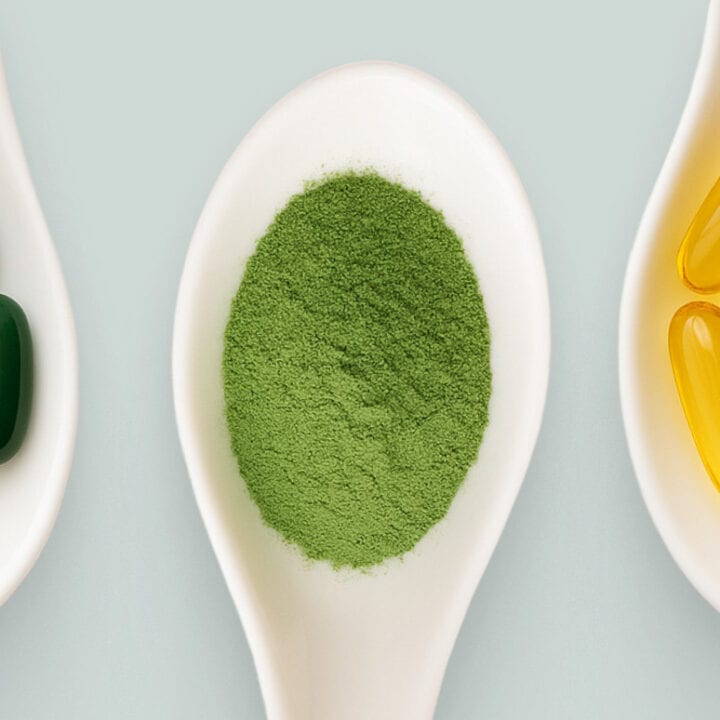
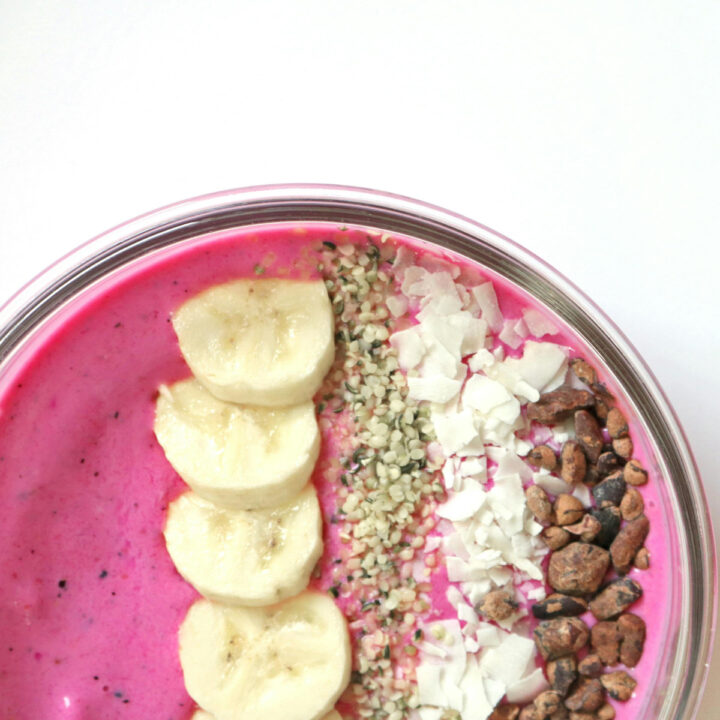
Comments
No Comments